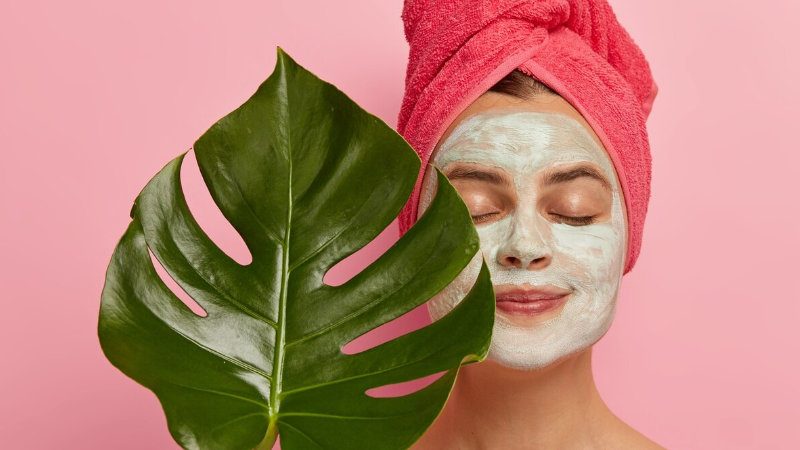Author: Martin Trinker
In the ever-evolving landscape of cosmetics, where beauty meets science, a silent revolution is underway – one fueled by the power of biotechnology. In today’s world, consumers increasingly seek cosmetics that not only enhance their beauty but also align with their values, i.e., vegan, cruelty-free, and environmentally friendly. Traditional approaches, reliant on chemical synthesis or resource depletion, no longer suffice in the face of growing demand for sustainable alternatives. Fortunately, biotechnology offers a promising solution, providing new opportunities for both customers and the cosmetic industry.
Biotechnology, the use of living organisms or their products to improve processes or products, has emerged as a game-changer in the cosmetics industry. By harnessing the power of biotechnology, researchers and manufacturers can produce high-value cosmetic ingredients that are sustainable, cost-effective, and entirely bio-based. From innovative skincare solutions to cruelty-free fragrances, biotechnology is reshaping the beauty landscape in profound ways.
One area where biotechnology can make a change is the production of vegan cholesterol. Traditionally sourced from animal products, cholesterol is a key ingredient in many skincare formulations due to its ability to protect and nourish the skin. However, concerns about animal welfare, the risk of contagious diseases and environmental impact have prompted the search for alternative sources. Interestingly, specially engineered yeasts offer a sustainable and cruelty-free solution for producing vegan cholesterol. So, no more PETA-campaigns asking “Are Cow Brains Lurking in your Lipstick” in the future.
Another breakthrough in biotechnology-enabled cosmetics is the development of Cyanoflan, a bio-based carbohydrate polymer offering a multitude of skincare benefits. Produced naturally from CO2 by microalgae, Cyanoflan exhibits anti-inflammatory, antioxidant, and skin-regenerative properties, making it a versatile ingredient for a wide range of skincare products. From soothing sensitive skin to promoting collagen production, Cyanoflan represents a zero-waste value chain and effective cosmetic ingredients.
Peptides, key signaling molecules in the skin, are another area where biotechnology is driving innovation. Traditionally, peptides were synthesized using hazardous chemicals, posing risks to both human health and the environment. However, specially developed microorganisms capable of producing natural peptides sustainably is offer a safer and more environmentally friendly alternative. These peptides stimulate collagen production, promote skin regeneration, and protect against environmental damage, making them invaluable ingredients in modern skincare formulations.
Functional sugar molecules, antioxidants, squalene, and fragrances are just a few examples of the many cosmetic ingredients that can be produced using biotechnology. From enhancing moisturization to combating free radicals, these bio-based ingredients offer a host of benefits for both the skin and the environment. With the expertise of acib, companies can tap into the vast potential of biotechnology to create innovative, sustainable, and effective cosmetic products that meet the evolving needs of today’s consumers.
In conclusion, biotechnology holds the key to a brighter and more sustainable future for the cosmetics industry. By embracing biotechnological innovations, companies can reduce their environmental footprint, meet consumer demands for ethical and eco-friendly products, and drive positive change in the beauty industry. Together, we can harness the power of biotechnology to create a more beautiful world for future generations. For inquiries and partnership opportunities, contact acib’s Director Business Development Martin Trinker.
Picture by Freepik
